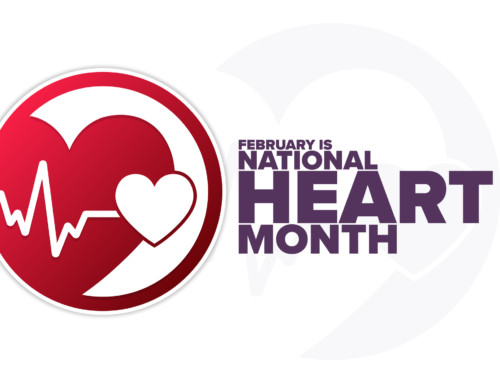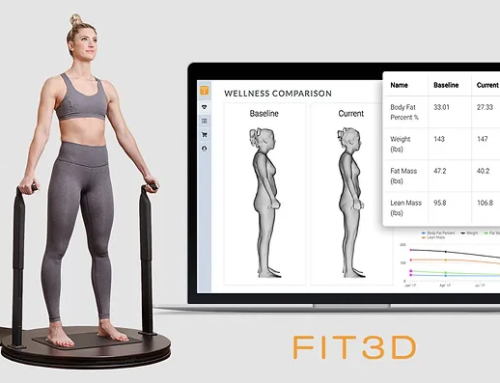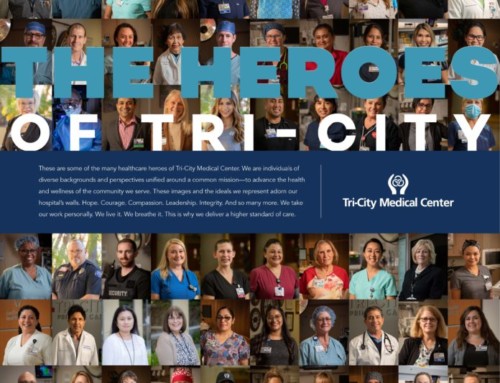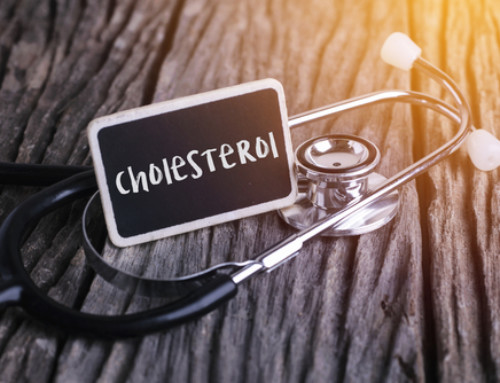 There’s no time like the present to start practicing some self love, and there’s no better way to begin than with your heart!
There’s no time like the present to start practicing some self love, and there’s no better way to begin than with your heart!
No matter how healthy you may feel or seem, heart disease can sneak up on you. It’s important to understand the obvious risk factors, and some of the more subtle ones, in order to protect yourself against it.
Americans are at a higher than ever risk of heart-related problems like high cholesterol and blood pressure, which can lead to crises like heart attack, stroke, peripheral arterial disease, or heart disease. An unhealthy heart can lead to other issues as well, like diabetes, kidney, bone and brain issues.
With this in mind, here are a few ways you can start improving your heart health.
1. Visit Your Doctor
The first step you should take to improve your heart health is towards your doctor’s office. Your doctor is the best source of expert information you have. There’s only so much you can find on the internet, and without your medical history and charts, its relevance will never match that of your doctor’s. With your doctor, you can address risk factors and work to mitigate them healthily in ways you’ll be able to maintain. Tri-City Medical Center even has an institute dedicated to heart health, with specialists who can help prevent and treat heart disease early on.
2. Revamp Your Diet
They don’t say “you are what you eat” for nothing. Diet can play a major role in your heart health. Over 34% of Americans are obese, and even more are overweight. Weight is a recognized risk factor when it comes to heart disease, so reaching and maintaining a healthy weight is one of the best ways to improve your heart health. Even losing just 10% of your body weight can impact your blood pressure. A healthy diet isn’t just about weight though: make sure to include heart healthy foods like fruits, vegetables, whole grains, and high quality protein, while reducing your intake of processed foods, saturated and trans fats, and salt.
3. Get Active
Along with diet, exercise is an effective way to reduce your weight and improve your heart health. Experts recommend getting at least 30 minutes of exercise a day to reap the rewards. Try and incorporate activities you’ll enjoy to maintain momentum, or work exercise around everyday activities, like walking to get your errands or parking further away from the office. Regardless of your activity level, recent research shows that being sedentary for extended period of time has risks, so try and break up your down time by standing and moving around throughout the day. Bonus: exercise helps prevent and/or improve other health conditions too!
4. Moderate Drinking and Stop Smoking
There’s nothing like good clean fun to improve your heart health. Even if you’re not a heavy drinker or smoker, these are two of the riskiest things you can indulge it when it comes to your heart. Having more than two drinks a day for men or one a day for women takes a relaxing routine into dangerous habit territory. On the other hand, smoking is worth cutting out completely, once and for all. Smoking is as bad for your heart as it is your lungs, and secondhand smoke is no different. The chemicals in cigarettes promote plaque buildup in your arteries. Talk to your doctor about how to quit today.
5. Clean Your Teeth
It may not seem like your teeth and heart have much in common, but don’t be fooled. When doctors started realizing people with gum disease were more likely to have heart disease, and vice versa, they concluded there were similar risk factors for both conditions. The science? Bacteria involved in gum disease can travel into your bloodstream and cause inflammation. The best way to tackle this is by practicing good oral hygiene: brush and floss your teeth regularly, and make sure you pay attention to those gums.
Your heart health is determined by a number of factors: your age, weight, genetics, diet, environment… Some of these factors are beyond your control, but many of them are within it. There are clear, simple things you can do to improve your heart health, so don’t waste time, talk to your doctor about the differences you can make.





